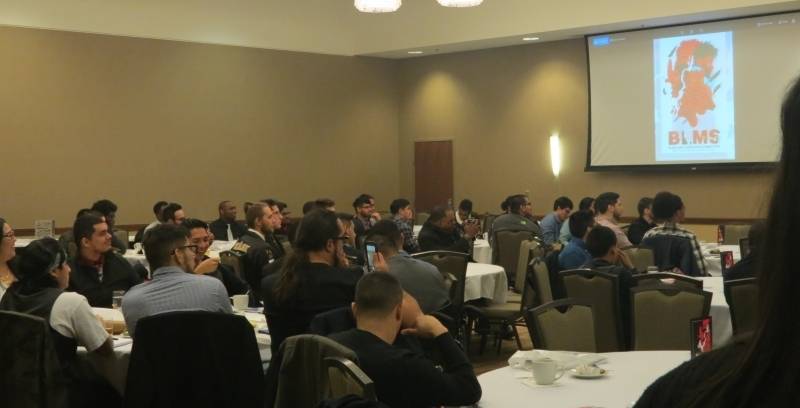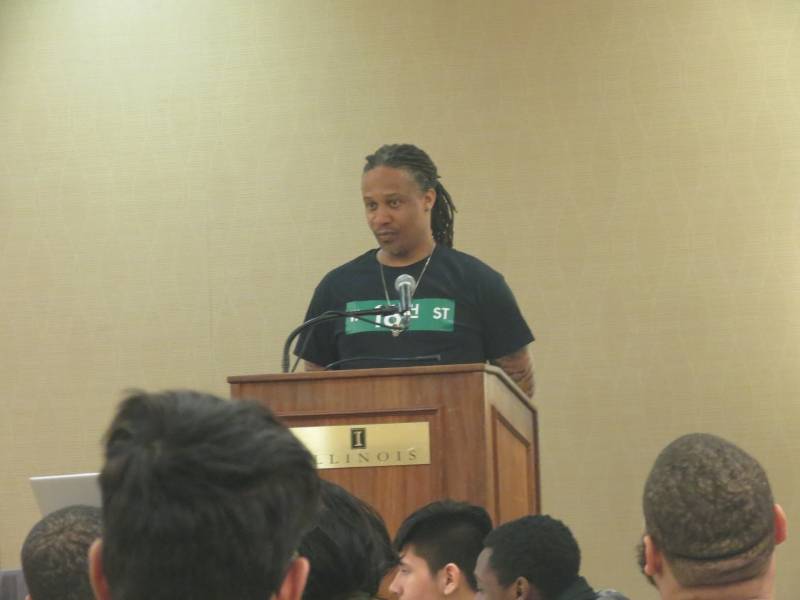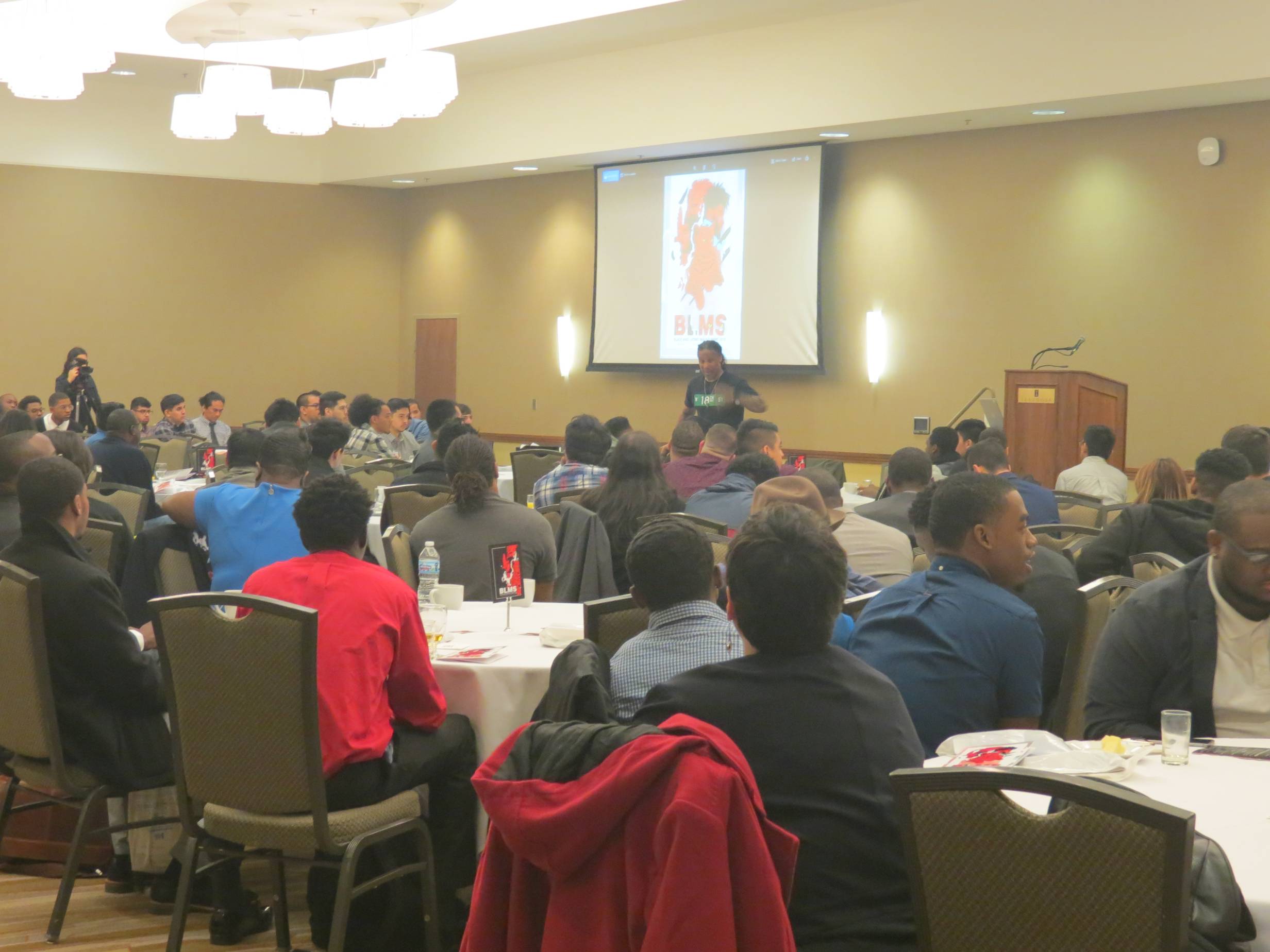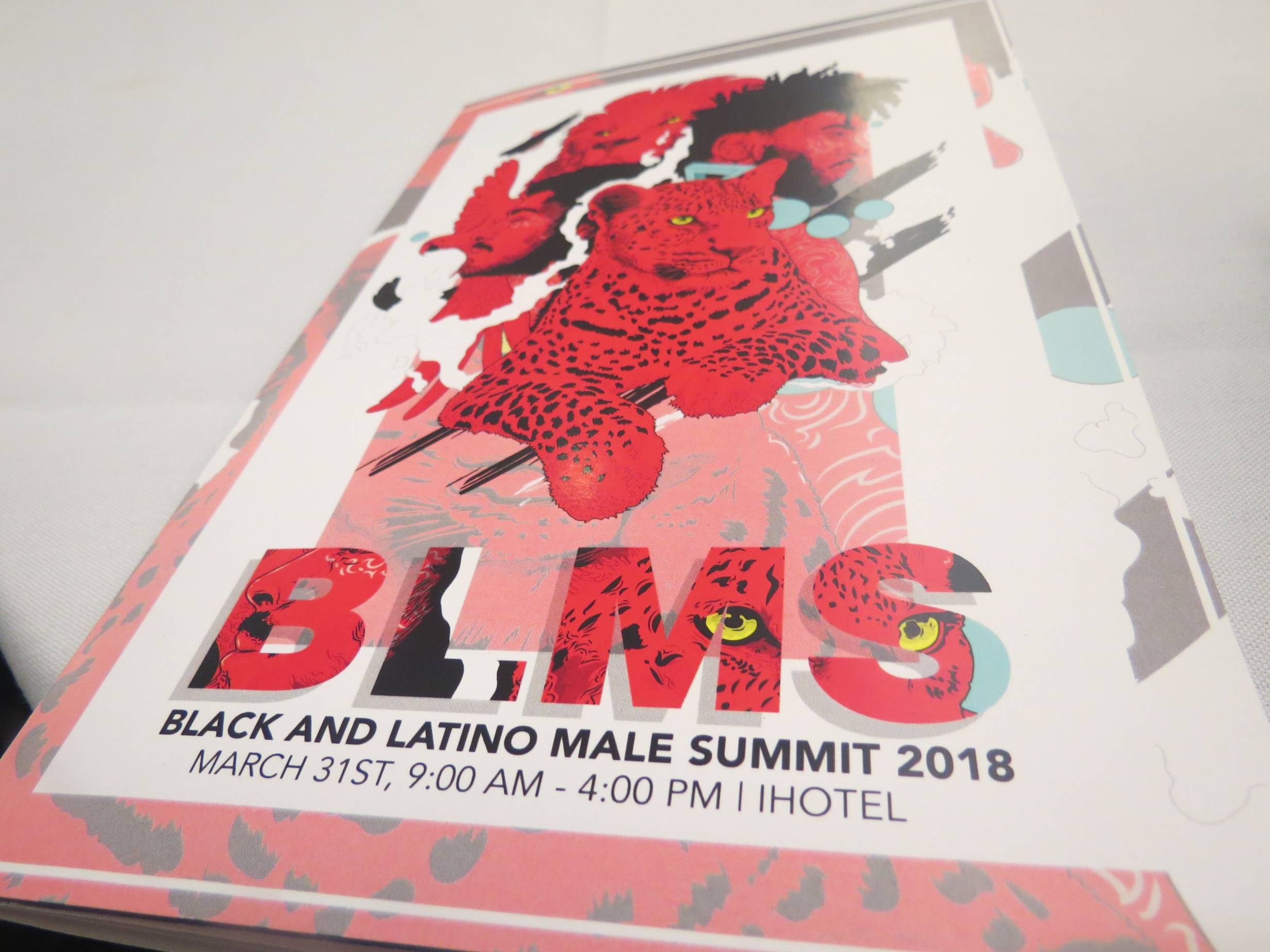So often we come to those points when it gets dark. It seems that the light of life is out. The sunlight of day moves out of our being and out the rest of our faith. We get disillusioned and confused and give up in despair. But if we will only look around we will discover that God has another light. And when we discover that, we need never walk in darkness.
— Rev. Dr. Martin Luther King Jr.
March 29th, 1959
A Walk Through the Holy Land, Easter Sunday Sermon Delivered at Dexter Avenue Baptist Church in Montgomery, Alabama
I will admit at the outset that I have struggled into this week’s article as I have grappled with the legacy of Martin Luther King’s assassination — particularly as my Holy Week swung between managing the daily grind and near-constant images of the dead:
Stephon Clark shot over and over again…
…and then seeing the footage over and over and over again on 24 hour news…
(Now are we hosting Easter dinner or not?)
Syrian, Yemeni, Palestinian bodies starved and/or obliterates by war….
(I can’t remember what time Karate is tonight!)
Martin Luther King lay dying on a balcony at the Lorraine Motel…
(Should I pick up tights or lacy socks to go with her Easter dress?)
Commemorations of Jesus as he was marched toward death…
(Was I supposed to text them back…or are they texting me to confirm?)
Finally, listening to the St. Peter’s United Church of Christ Choir singing “Once Upon A Tree” at their Seven Good Friday Service on Friday and though they sang beautifully, my mind pinballed from lynching post cards to Tamir Rice, from Calvary to Sanford, Florida then to Ferguson, and back to Sacramento.
So by the time I arrived at the 2018 Black and Latino Male Summit last Saturday morning I was pretty well spent from both the grind of the week and the devastations wrought against bodies of color. This was the 8th Summit as Jorge Mena Robles, Assistant Director of La Casa Cultural Latina explained to me:
This year will be the eight annual Black and Latino Male Summit to provide a space for Black and Latino Male students to discuss issues impacting masculinity and develop strategies to achieve academic success, professional development, and overall wellness. This year’s theme is “Decolonizing Our Minds, Narratives, and Culture.” Our purpose is to deconstruct narratives, build consciousness as to who we are as men of color, and continue our drive to serve as an agent of positive change in our communities. BLMS, as it has in the past, strives to provide a forum for Black and Latino men to discuss the role of history in today’s Black and Latino experience. The summit aims to create an experience that sparks reflection and ignites action from its participants. Furthermore, the organizers and sponsors of this summit seek to promote camaraderie, coalition building, and community between Black and Latino men.
Not long after I arrived, I felt the fog of the week lift with the sight of Black and Latino men (high school students, undergraduate and graduate students from across the Midwest, and professionals) suited, bow-tied, rocking Greek-letter and Masonic lapel pins, donning sweaters, slacks, and swagger.
This was a room of 300+ registered, and student-led as students hosted, greeted, worked registration tables, answered questions, assisted with set-up, socialized with each other. The Chancellor Ballroom of the I-Hotel was abuzz with energy, intensity, kindness, and hospitality.

I entered and was greeted with warm welcomes by several other UIUC administrators. I then greeted the conference keynote speaker, Dr. David Omotoso Stovall, Professor of African American Studies and Educational policy Studies at the University of Illinois at Chicago. When we attended UIUC as undergrads, he was known as “D-Stove” (apt for a man with boundless energy and intellect even then) — so we greeted one another with joyful familiarity and caught up on old times. Once my greetings were done, I grabbed a scone and coffee and just took in the room.
What struck me: Despite all that we deal with, grapple with, struggle under as people of color in America, no matter how we are perceived or how heavy the weight is of self-perception, each one of us made it into that room — no matter our rank, age, gender title, or affiliation — we made it into that room to be together and to listen and share what we could on that day.

Thus, Dr. Stovall, reflecting on the summit’s theme “Decolonizing Our Minds, Body and Culture,” opened the gathering with his unmistakable verve now informed by his research in Educational Policy Studies and insights on such provocative questions:
- Where Have We Given Our Power Over?
- Where Do Our Chains Still Exist And How Do They Inform Our Daily Lives?
- How Do You Love Others In A World Where You Are Not Loved?
And the array of sessions throughout the day, whether examining media, technology, schooling, gender relations, diasporic concerns and mental health, all took up Stovall’s questions in some way.
Looking back, I do believe that that room, those Black and Latino Male Summit rooms, manifest the Kingian legacy. It’s the rooms where men, women and non-binary/trans-identified folk of color of every age and background gather to spend time and push each other forward advance King’s work.
Some will draw strength in such rooms to complete their freshman year or gain skills to return to home communities with new perspectives. Others will find the grit to apply for another degree. Yet another will make a fresh contact in order to pursue a new job. Or others, like me, will just renew their thinking about challenging matters intergenerationally as we grapple together.

My own reunions ran the spectrum: I ran into UIUC classmates from the 1990s who are working in Chicago, married and have families, and those now running for elective office, and one of my former students who is now completing a Master’s Degree and brought a group of students with him for this gathering. A reminder that my former students now have students of their own!
In surprising ways, the Black and Latino Male Summit reminded me that these spaces embody a kind of persistent resistance where one must keep doing the work across generations in the midst of challenging national moments.
I remember praying at a mosque years ago and have always remembered the imam (religious leader) implored us, “If someone comes into this mosque and takes my life, there should be 10 brothers prepared to jump up, push my body to the side and keep on preaching.” This might read as gory and not a ringing endorsement of gender equity in the place, but there is still value in the reminder.
Summits like the UIUC Black and Latino Male Summit are quite timely as we prepare to remember Rev. Dr. Martin’s Luther King’s violent death. They remind us to take a moment to remember the fallen, but to use far more of the time and space to prepare the next group of leaders of color for their journey ahead.
In one of Dr. Stovall’s closing remarks, he asked us how we will we know that we are demonstrating love for our people:
- We will be committed to taking back what belongs to us (via practices, histories, traditions, perspectives, plans of action for liberating communities).
- We will be sure we are focused on loving ourselves.
- We will claim with whom we are in solidarity.
- We will demonstrate our solidarity every day.
So in closing, let us also be reminded of King’s confidence of the youth of his era that reminds us of the wisdom, talent and energy our youth provide us in our own moments of weariness and discouragement:
A generation of young people has come out of decades of shadows to face naked state power; it has lost its fears, and experienced the majestic dignity of a direct struggle for its own liberation. These young people have connected up with their own history–the slave revolts, the incomplete revolution of the Civil War, the brotherhood of colonial colored men in Africa and Asia. They are an integral part of the history, which is reshaping the world, replacing a dying order with modern democracy.
— Rev. Dr. Martin Luther King Jr.
May 1960
“The Burning Truth in the South”
Madison, Wisconsin
Nicole Anderson Cobb, PhD, is a four-time-UIUC alum.
Event photos by Nicole Anderson Cobb.








